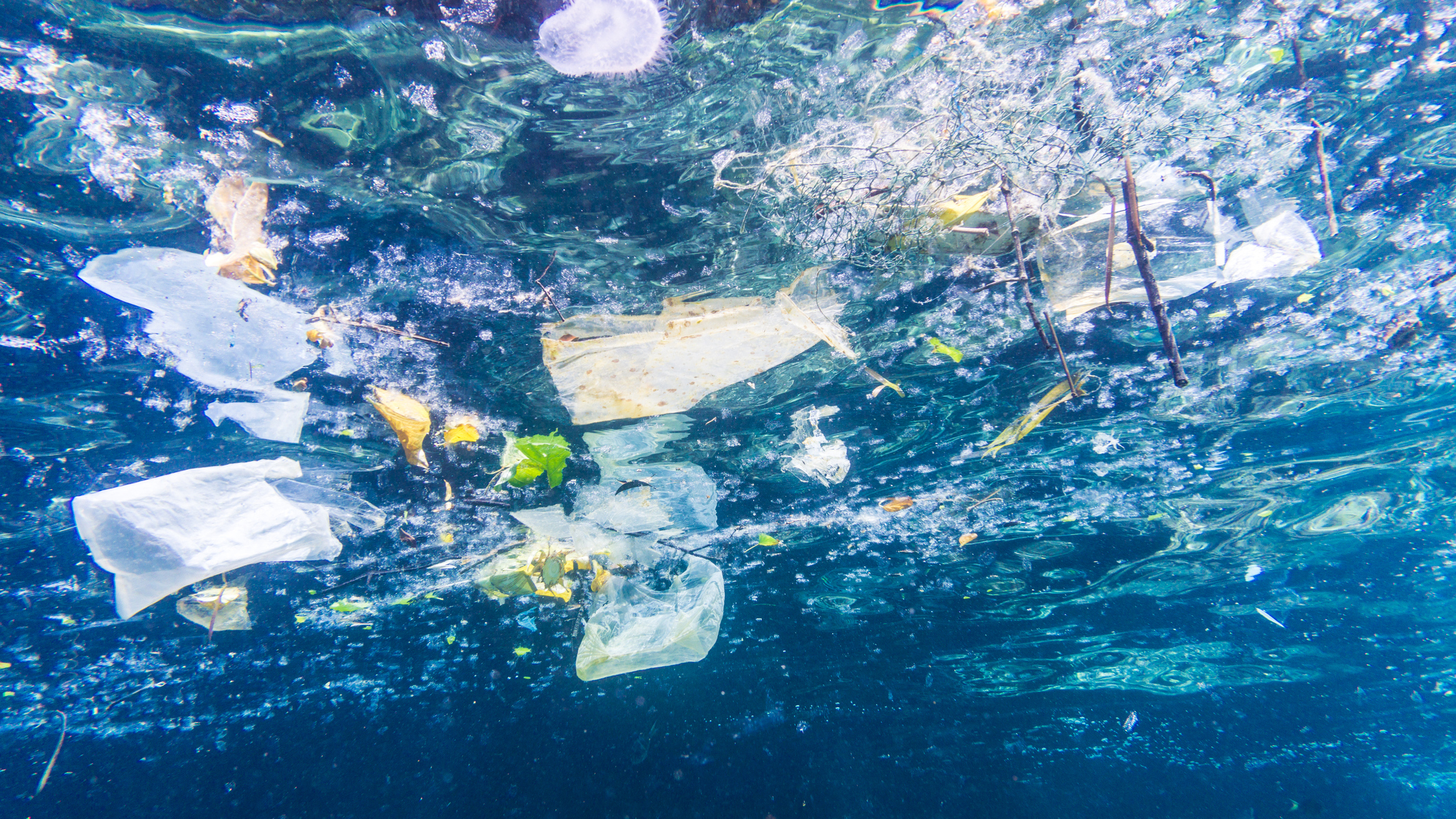Trump signs Alaska-backed bill targeting plastic trash in Ocean

President Donald Trump on Thursday signed into law a bill sponsored by Alaska U.S. Senator Dan Sullivan.
It’s called Save Our Seas, and it aims to tackle the problem of plastic trash in the world’s oceans.
The law renews the existing Marine Debris Program for another five years. And it allows governors to request a declaration of a “severe marine debris event” in order to get resources to clean it up. The law also encourages the executive branch to take up the problem of plastic waste internationally.
Academic researchers say five nations are responsible for more than half of the plastic waste in the oceans: China, Indonesia, the Philippines, Thailand and Vietnam.
President Trump fit that into one of his major themes: that other countries are taking advantage of the United States.
“A vast, tremendous, unthinkable amount of garbage is floating into our coast. In particular along the West Coast. And we’re charged with removing it, which is a very unfair situation,” he said in an Oval Office signing ceremony. “It comes from other countries very far away.”
Trump, touching on another theme, claimed previous administrations did nothing to take on the problem, even though the law extends a marine debris program established in the George W. Bush administration. Trump said he’s already notified most of the countries responsible.
“And we’ve notified them very strongly,” he added.
Sullivan and his wife stood beside the president, along with Sen. Sheldon Whitehouse, D-R.I., who co-sponsored the bill. Whitehouse and Sullivan make an unusual pair: Whitehouse is one of the Senate’s most vocal champion of taking action against climate change; Sullivan isn’t convinced the problem is man-made.
Even though Whitehouse is an outspoken Trump critic, there was no disagreement on the new law. Sullivan took the opportunity to give kudos to the president.
“Well, I want to thank you,” Trump responded, “and thank Sheldon. Come here Sheldon. See? We can shake hands.”
Kevin Allexon, Ocean Conservancy’s senior manager of government relations, called it a “modest but important” bill
He says the real value of the bill, besides continuing the Marine Debris Program, is that it makes the executive branch take notice and address the international problem.
“Whether that’s in the context of trade negotiations, or it’s in the context of international scientific collaboration, or it’s in the context of foreign development assistance,” Allexon said.
Allexon says the countries that contribute most to the problem of plastic waste in the ocean are rapidly developing and don’t have adequate infrastructure for managing garbage.
The bill passed the Senate unanimously, without a roll call vote. Alaska Congressman Don Young sponsored the House version of the bill.
Related links from around the North:
Canada: Indigenous community in Northern Canada to offset diesel with solar panels, CBC News
Finland: Citizens’ initiative prompts Finnish lawmakers to consider microplastics ban, Yle News
Norway: Plastic on Svalbard: “I could never believe it was this bad”, The Independent Barents Observer
Sweden: Swedish raft made from trash draws attention to plastic pollution, Radio Sweden
Russia: Polar bears greatly exposed to toxic chemicals in eastern Barents Sea, The Independent Barents Observer
United States: Alaska’s largest city bans plastic bags, starting next year, Alaska Public Media



